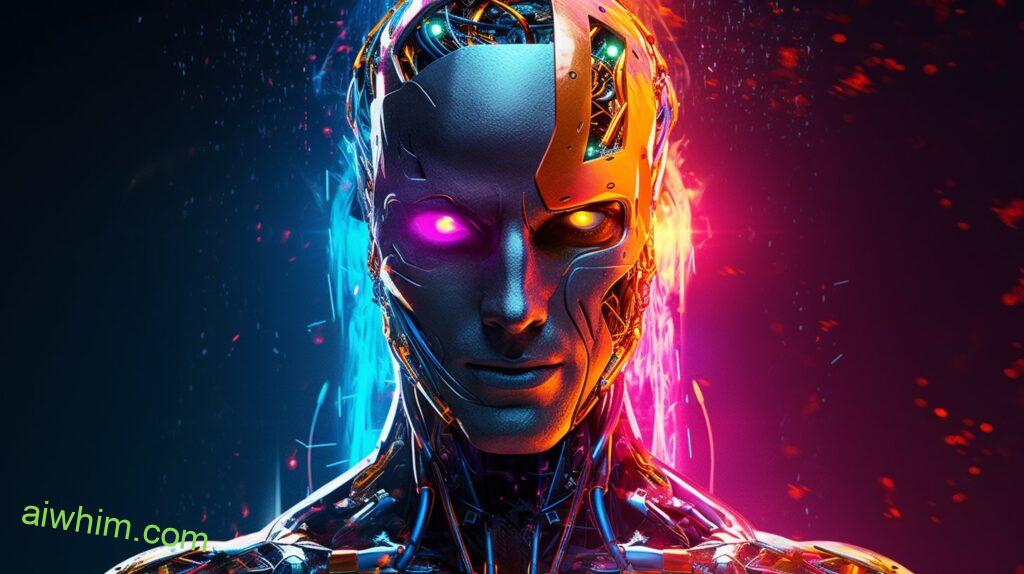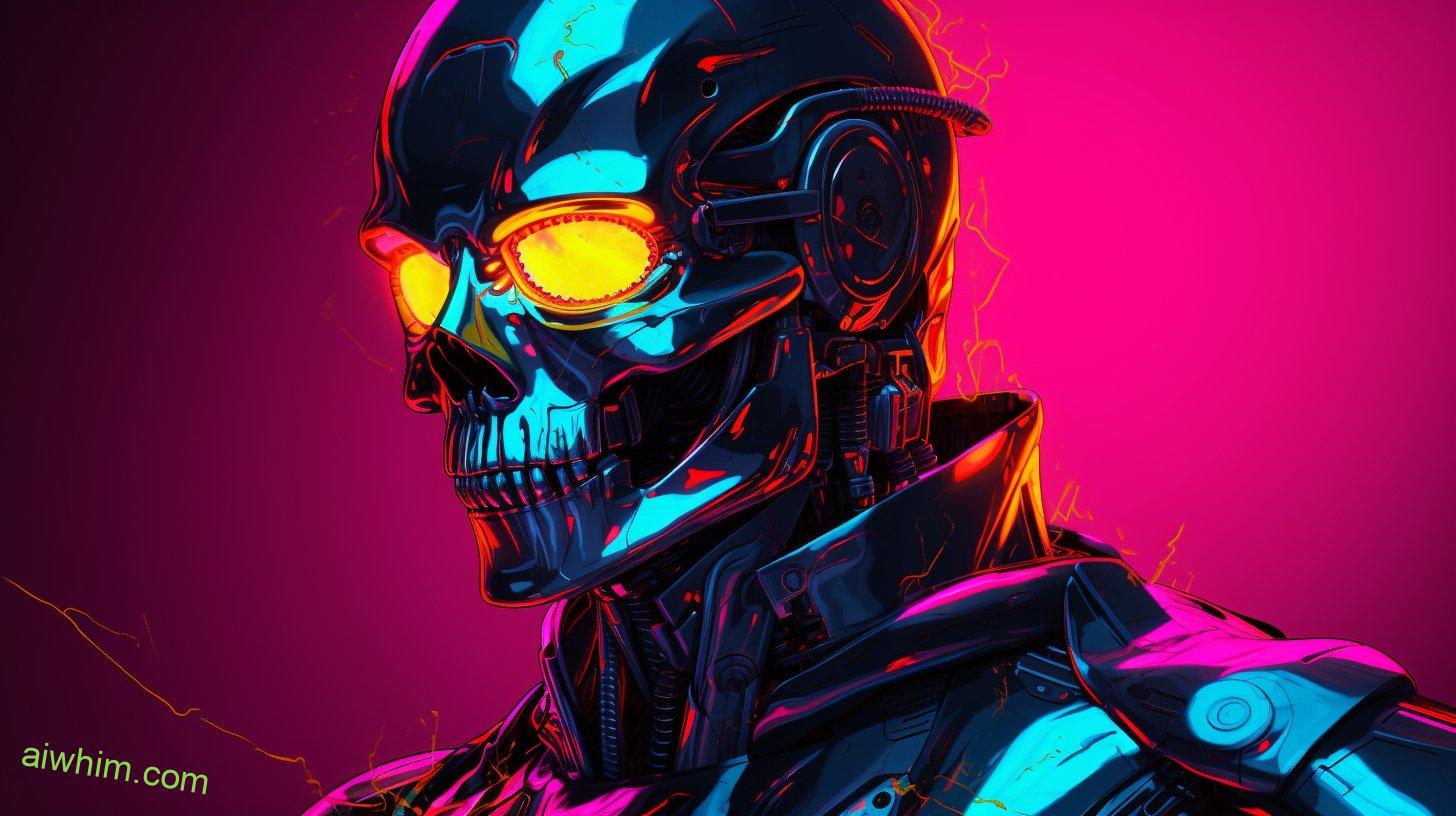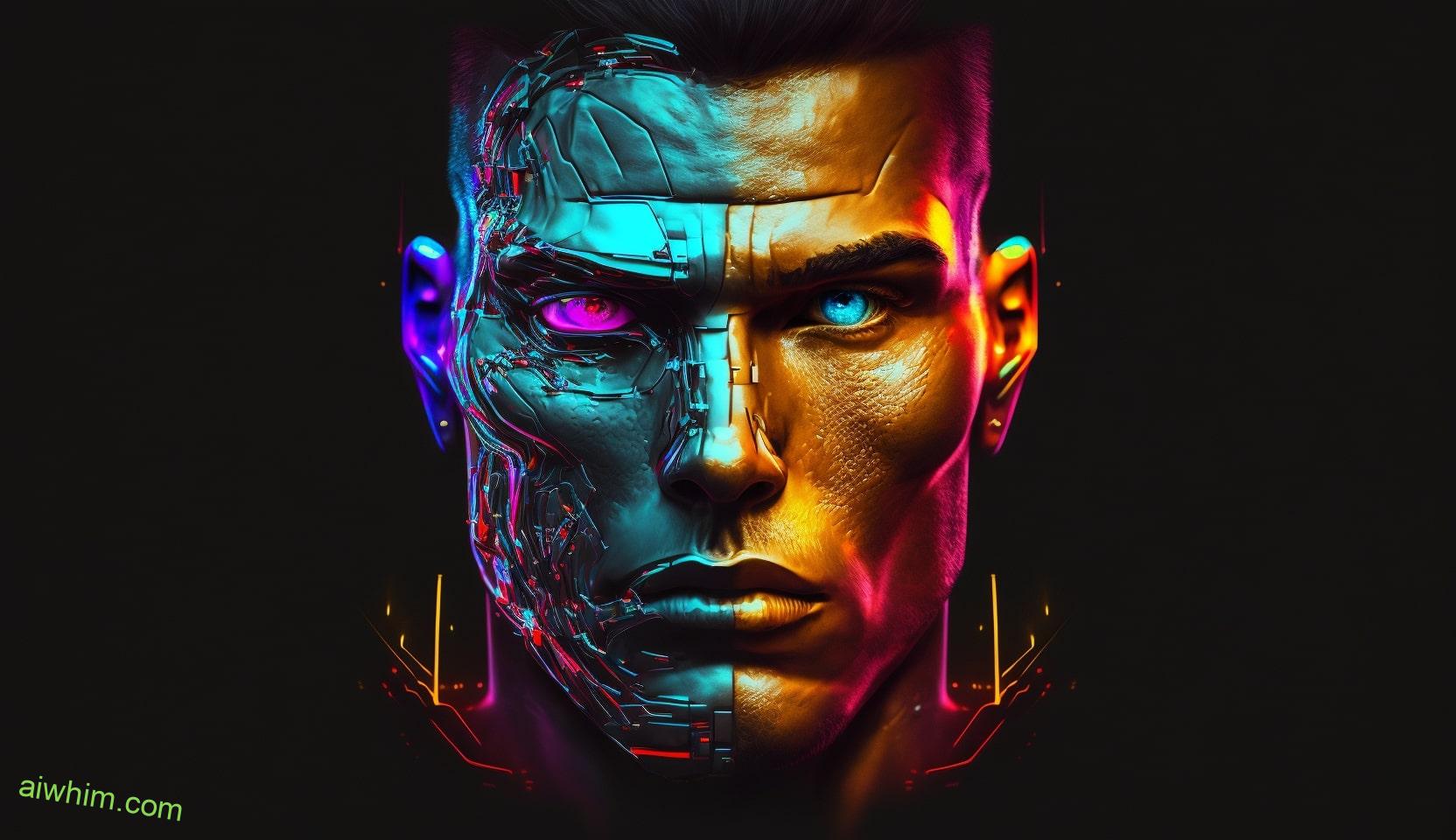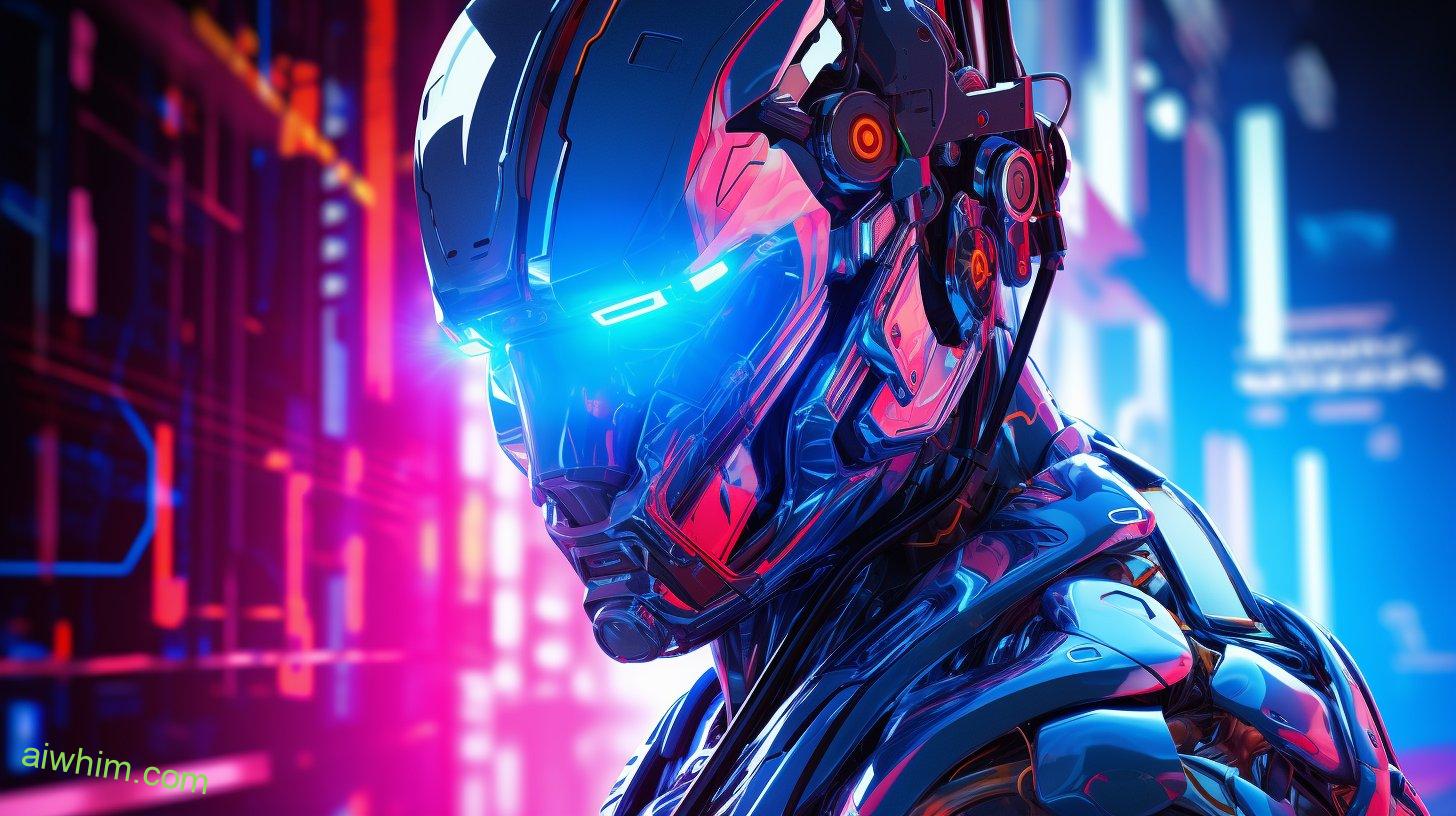The advancements in artificial intelligence technology are revolutionizing the transportation industry, raising questions about the future of traditional taxi services.
In this article, we will explore the impact of AI on taxi drivers and discuss the challenges and opportunities they face in this rapidly evolving era.
So if you value your freedom as a taxi driver, keep reading to discover what lies ahead.
Key Takeaways
- AI is revolutionizing the transportation industry, including taxi services.
- AI-powered ride-hailing platforms like Uber and Lyft intensify competition for traditional taxi companies.
- Job displacement is a concern for taxi drivers in the AI era, but retraining programs can help them acquire new skills.
- Embracing AI-powered taxi services is essential for traditional taxi companies to stay competitive in the future.
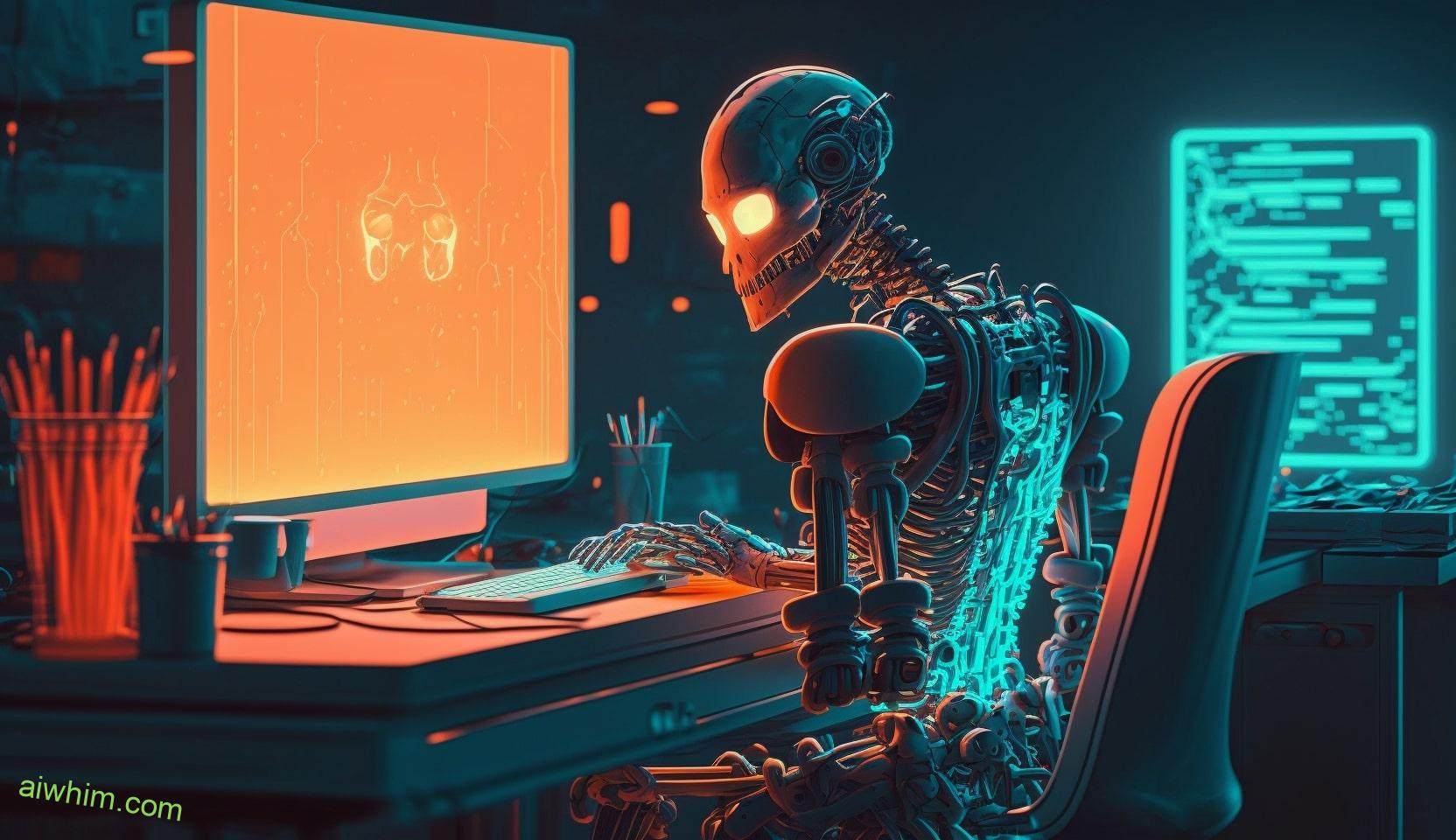
The Role of AI in the Transportation Industry
You’ll be interested to know that AI is playing an increasingly significant role in the transportation industry. With the advent of driverless cars and the rise of ride-sharing platforms, AI technology is revolutionizing how we travel.
Driverless cars, equipped with advanced AI systems, have paved the way for safer and more efficient transportation. Imagine a world where you can sit back and relax while your car navigates through traffic, using AI algorithms to make split-second decisions based on real-time data. This level of convenience and freedom is made possible by AI.
Ride-sharing platforms like Uber and Lyft have also harnessed the power of AI to optimize routes, match drivers with passengers, and provide seamless experiences. Through sophisticated algorithms, these platforms analyze vast amounts of data to predict demand patterns, reduce wait times, and ensure efficient utilization of vehicles. This not only benefits passengers by providing them with quick access to transportation but also empowers drivers by maximizing their earning potential.
Furthermore, AI-powered technologies are being integrated into public transportation systems as well. Smart city initiatives are utilizing AI algorithms to improve traffic management systems, optimize public transport schedules, and enhance overall urban mobility. By leveraging real-time data from various sources such as GPS trackers and sensors embedded in infrastructure, cities can make informed decisions on traffic flow optimization and reduce congestion.
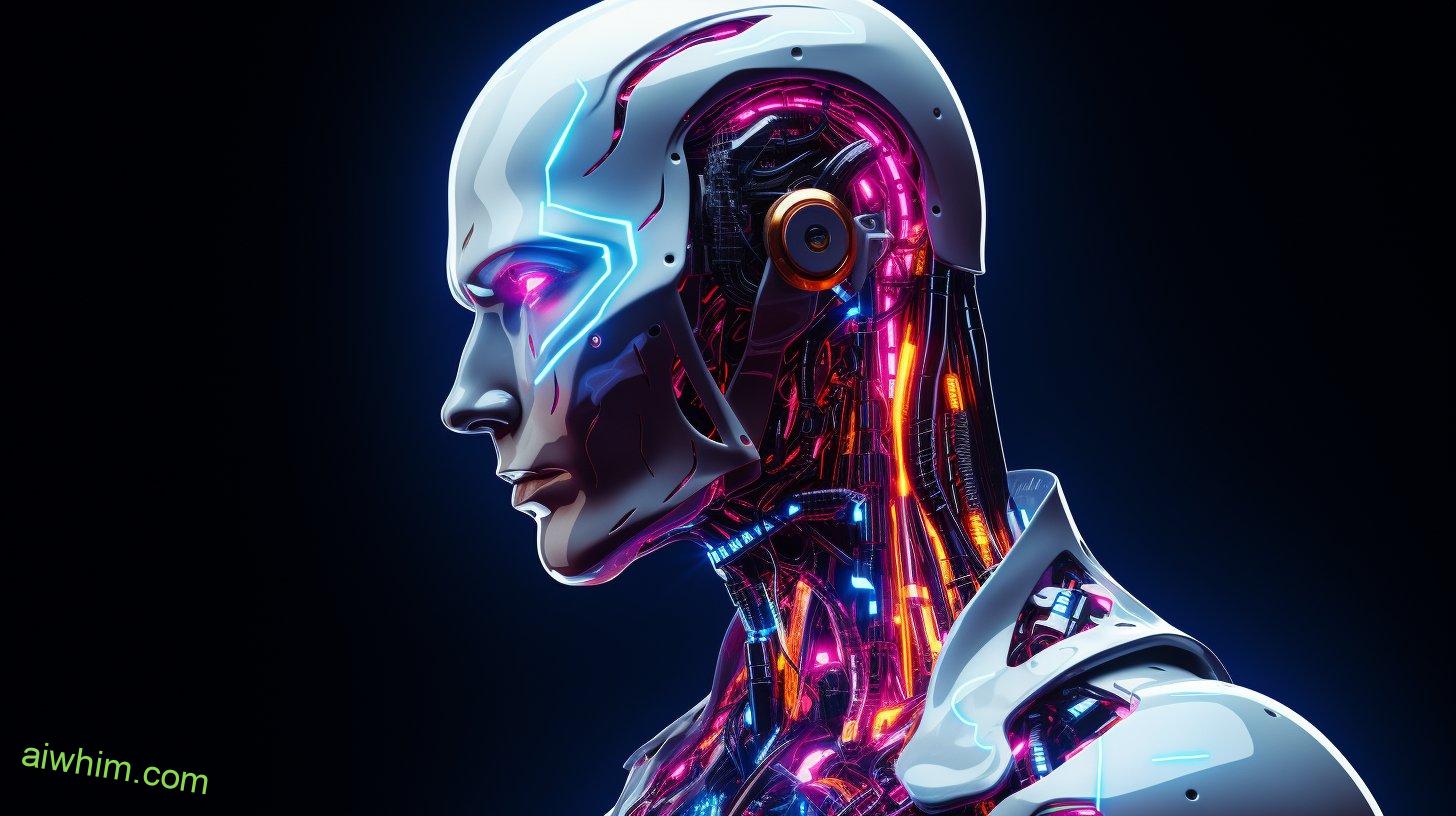
Advancements in AI Technology for Autonomous Vehicles
There’s been significant progress in AI technology for self-driving cars, particularly in the area of autonomous vehicle advancements. This is an exciting time for those who value freedom and convenience in transportation.
Here are some key developments that highlight the potential of AI technology:
- Autonomous Delivery: Imagine a world where packages and groceries are delivered by self-driving vehicles equipped with advanced AI systems. With autonomous delivery, you can expect faster and more efficient delivery services, eliminating the need for human drivers. This not only saves time but also reduces the chances of errors or delays.
- AI in Public Transportation: AI is revolutionizing public transportation by enabling autonomous buses and trains to navigate through cities without human intervention. This means fewer accidents caused by human error and improved efficiency in terms of travel times and routes. With AI technology at work, you can enjoy a smoother and more reliable public transportation experience, freeing up your time to focus on other tasks during your commute.
These advancements in AI technology pave the way for a future where self-driving cars become the norm rather than the exception. With autonomous delivery systems, you can have your goods delivered conveniently to your doorstep without any hassle. And when it comes to public transportation, AI ensures safer journeys with optimized routes and reduced congestion.
As we continue to witness remarkable progress in this field, it’s clear that AI has the potential to transform our lives for the better – providing us with more freedom, convenience, and efficiency when it comes to transportation. So buckle up and get ready for a future where self-driving cars will take us places while we sit back and enjoy the ride!

Impact of AI on Traditional Taxi Services
Imagine how the landscape of traditional taxi services has been transformed by the impact of AI technology, revolutionizing the way you hail a ride and experience transportation. Thanks to advancements in artificial intelligence, competition in the transportation industry has intensified, leading to a significant shift in how taxis operate.
With the rise of AI-powered ride-hailing platforms like Uber and Lyft, traditional taxi companies are facing stiff competition. These tech giants leverage AI algorithms to optimize routes, match drivers with passengers efficiently, and provide real-time updates on estimated arrival times. This improved efficiency not only benefits customers but also increases convenience and reduces costs for both parties involved.
However, this transformation comes at a cost. As AI takes over certain functions traditionally performed by taxi drivers, job displacement becomes an imminent concern. While these technological advancements enhance overall efficiency and customer experience, they also raise questions about the future of human workers in this industry.
Despite these concerns about job displacement, it is important to recognize that AI technology presents new opportunities as well. As traditional taxi services adapt and incorporate AI into their operations, new roles such as data analysts or customer support specialists may emerge. By embracing these changes and acquiring new skills that align with emerging technologies, individuals can stay relevant in an evolving job market.
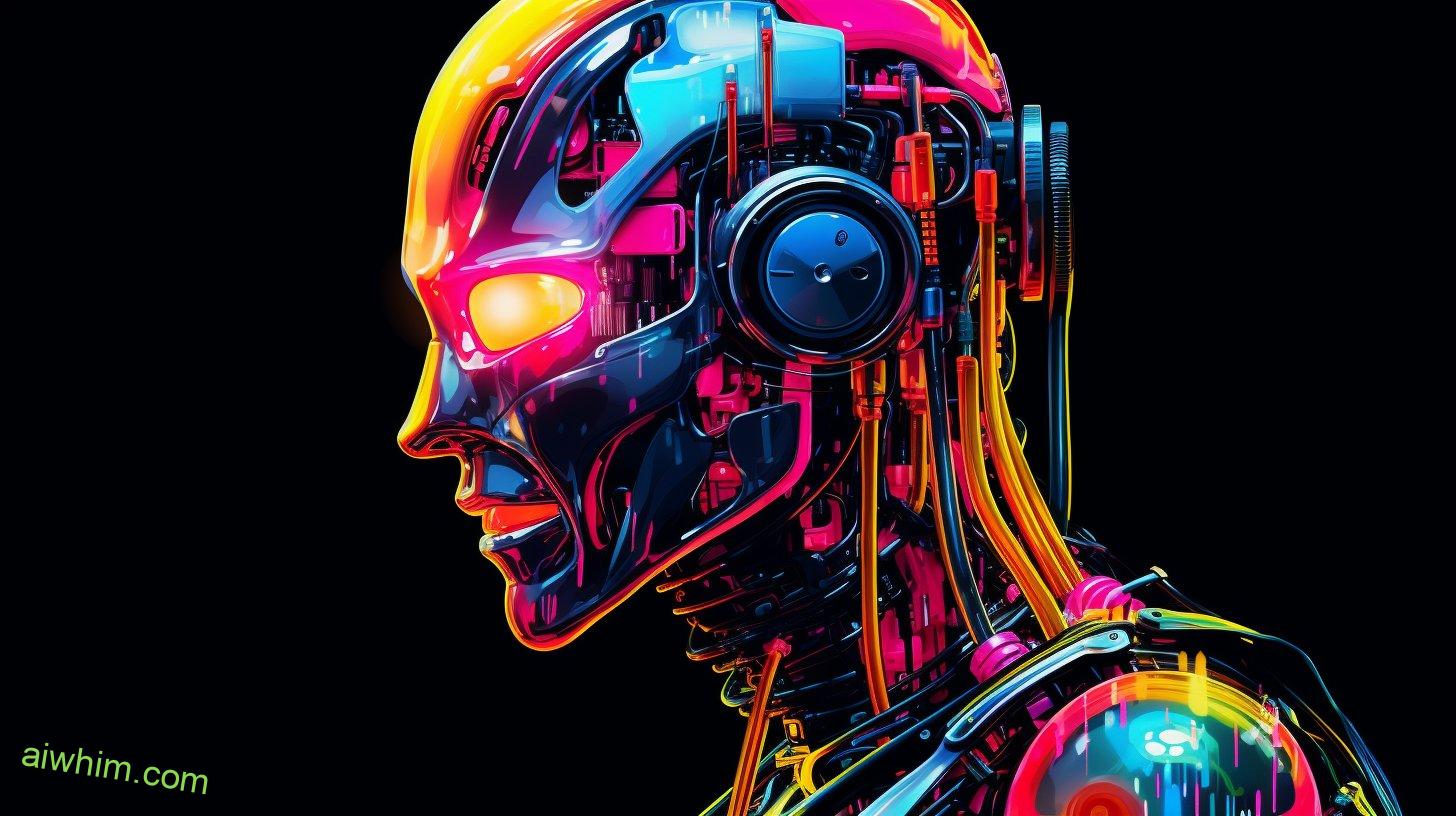
Challenges and Opportunities for Taxi Drivers in the AI Era
As technology continues to advance, it is essential for individuals in the transportation industry to adapt and seize the new opportunities that arise in the AI era. The rise of artificial intelligence (AI) has brought about significant changes in various sectors, including transportation. For taxi drivers, these changes present both challenges and opportunities.
In this new era of AI, job displacement is a concern for many taxi drivers. With the introduction of autonomous vehicles and ride-sharing platforms like Uber and Lyft, there is a growing fear that human taxi drivers will be replaced by machines. However, it’s important to remember that while AI may take over certain functions, there are still aspects of the job that require human interaction and decision-making.
To navigate this changing landscape, retraining programs can play a crucial role. These programs can help taxi drivers acquire new skills that are in demand in the AI era. For example:
- Technical Skills: Learning how to operate and maintain autonomous vehicles or becoming familiar with new navigation software.
- Customer Service Skills: Enhancing interpersonal skills to provide exceptional customer experiences and build loyalty.
Additionally, embracing technological advancements can open up new opportunities for taxi drivers. They can explore working as fleet managers or supervisors overseeing autonomous vehicles’ operations. Alternatively, they could start their own ride-sharing businesses using AI-enabled platforms.
While job displacement may be a concern, it is important for individuals in the transportation industry to recognize that adaptation is key to survival. By participating in retraining programs and embracing technological advancements, taxi drivers can position themselves for success in the evolving world of transportation powered by AI.
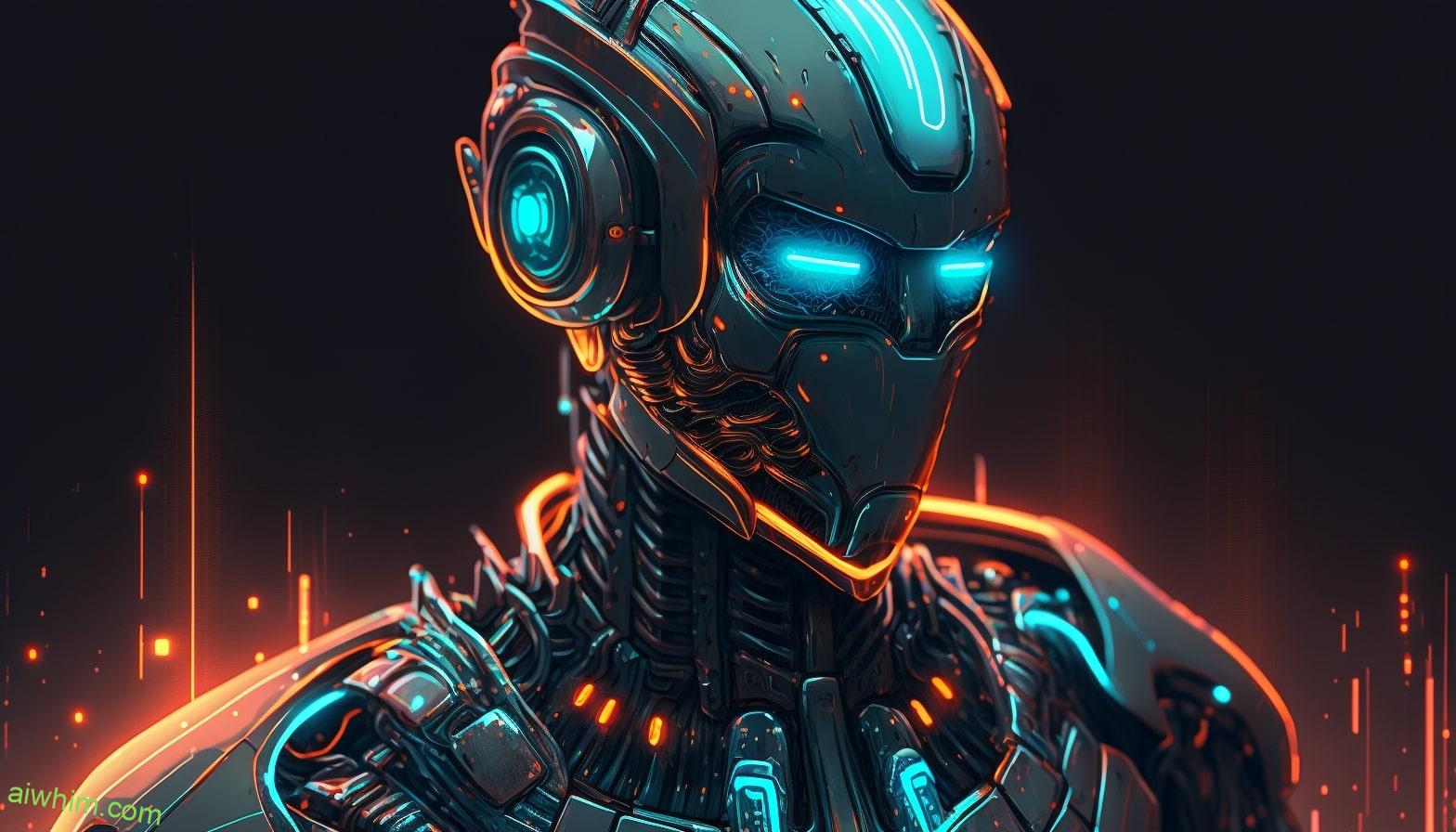
The Future of Transportation: AI-Powered Taxi Services
To stay competitive in the future of transportation, it’s essential for you to embrace AI-powered taxi services and adapt to the changing landscape. The rise of AI-driven ride-sharing platforms has revolutionized the way people travel. With just a few taps on your smartphone, you can now summon a driverless car to pick you up and take you to your destination.
These AI-powered taxis offer numerous benefits that make them an attractive option for both passengers and drivers. For passengers, they provide convenience, affordability, and improved safety. With advanced algorithms and sensors, these autonomous vehicles are capable of navigating through traffic more efficiently than human drivers. As a result, they can reduce travel time and minimize congestion on the roads.
As a driver looking to thrive in this new era of transportation, embracing AI-powered taxi services is crucial. While there may be concerns about job security as automation becomes more prevalent, there are also opportunities for growth and adaptation. By partnering with AI ride-sharing platforms or even becoming an operator of autonomous vehicles yourself, you can leverage this technology to enhance your income potential.
However, it’s important not to overlook the ethical considerations associated with autonomous taxis. Questions arise regarding liability in case of accidents involving self-driving cars and how these vehicles should prioritize passenger safety versus public safety. Balancing these ethical concerns while harnessing the potential benefits offered by AI-driven taxis will be key in shaping their future.

Frequently Asked Questions
How Will AI-Powered Taxi Services Impact the Overall Transportation Industry?
AI-powered taxi services will have a significant economic impact on the overall transportation industry. They may lead to job displacement for taxi drivers, but they also offer freedom and convenience for customers.
What Are the Potential Challenges and Opportunities for Taxi Drivers in the AI Era?
In the AI era, taxi drivers face challenges like competition from AI-powered services but also have opportunities to adapt and find new ways to provide value. You can embrace change and explore innovative options.
How Will Advancements in AI Technology for Autonomous Vehicles Affect the Traditional Taxi Services?
Advancements in AI technology for autonomous vehicles will have a significant impact on the job market for traditional taxi services. There are both advantages and disadvantages to consider, as it could lead to increased efficiency but also potential job loss.
What Are the Major Concerns Surrounding the Role of AI in the Transportation Industry?
The major concerns with AI in transportation include ethical implications and job displacement. You’ll want to know if AI will take over taxi drivers’ functions, but there’s more at stake than just that.
How Will AI-Powered Taxi Services Shape the Future of Transportation?
AI-powered taxi services will shape the future of transportation by potentially impacting job security for taxi drivers while offering the potential to reduce traffic congestion. You’ll see changes in the industry as AI technology advances.

Conclusion
In conclusion, brace yourself for the AI revolution in the transportation industry! Get ready to witness an astounding transformation where AI-powered taxi services will take over the world.
With advancements in technology, traditional taxi drivers may find themselves facing challenges, but fear not! Embrace these opportunities and adapt to this new era.
The future is bright, with AI assuming taxi drivers’ functions and enabling a seamless and efficient transportation experience like never before.
So buckle up and get ready for a thrilling ride into the future of transportation!

